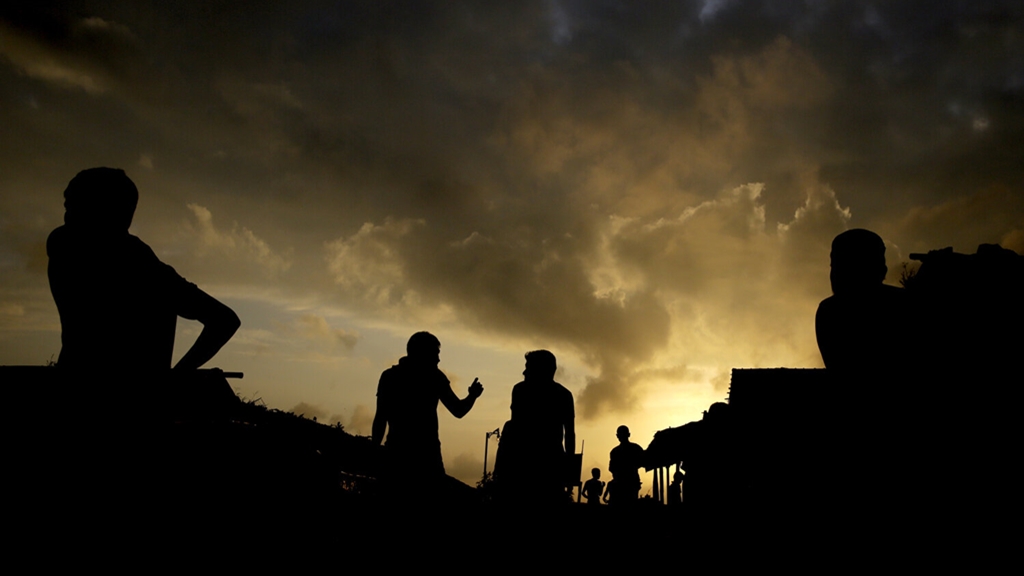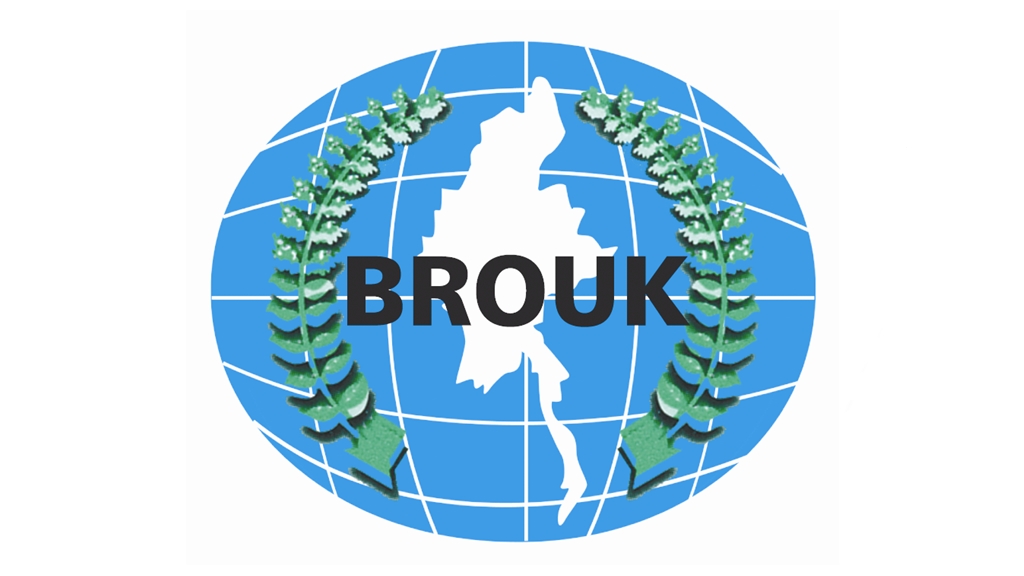
COVID-19 in Bangladesh: Adapting activities in Rohingya camps
- 21/05/2020
- 0
By Hi.org
Humanity & Inclusion’s teams are concerned about COVID-19 spreading in overcrowded camps for Rohingya refugees in Bangladesh, which have a population density of 40,000 people per sq. km. It is incredibly difficult to social distance under these conditions, and the situation could deteriorate quickly.
Due to the coronavirus, humanitarian organizations are much less active in the camps. Humanity & Inclusion has adapted its work in order to assist the most vulnerable individuals—people with disabilities, older people, and isolated women and children.
We’ve continued organizing rehabilitation sessions and providing psychological support to people living in the camps in compliance with safety guidelines, such as wearing masks and social distancing. We’re also providing refugees with awareness messaging on the virus.
Combating rumors
Some people in the camps believe that prayer or a special herbal tea can help protect them from the virus. Others fear that they will be captured or killed if catch the illness. Humanity & Inclusion’s teams provide them with information on COVID-19 and help raise their awareness on the pandemic in order to better protect themselves.
Reducing stress
Humanity & Inclusion’s teams and voluntary workers provide psychological support to people in need. They help individuals manage stressful situations and provide personal support, including to women who are experiencing difficulties because they feel isolated or anxious.
We also run protection activities in refugee camps by assessing and reporting safety incidents in the camp, and by identifying people who need support and referring them to relevant organizations.
Humanity & Inclusion works to protect the most vulnerable
As of May 20, we count 166 new projects that aim to protect our beneficiaries and staff from the virus, and to help them during their countries’ lock downs. As COVID-19 takes aim at our planet’s most vulnerable neighbors, we’re ensuring that people with disabilities, people with injuries from conflict, children, women, and especially older people have the information–and even the soap–to stay healthy. Learn more about our COVID-19 response.







